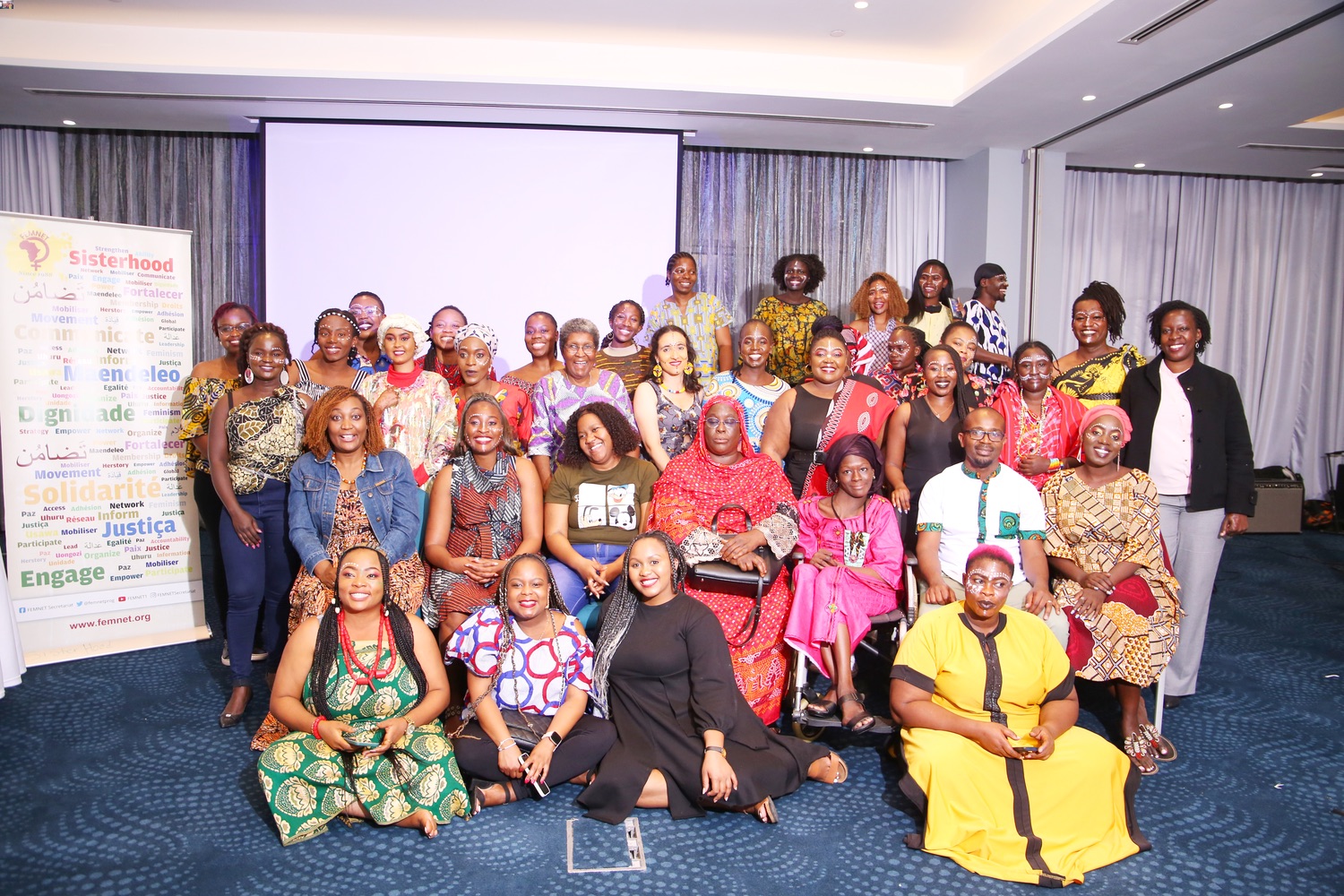
We Lead the Sexual Reproductive Health and Rights Conversation!
The African Women’s Development and Communications Network (FEMNET), Hivos and Restless Development are part of the We Lead consortium that brought together young people from the 5 Communities of Action countries (Kenya, Uganda, Mozambique, Niger and Nigeria) to talk about Sexual Reproductive Health and Rights (SRHR), and the challenges that different rights holders experience in their various countries.
Young women in all their diversities, face many challenges to access their Sexual Reproductive Health and Rights (SRHR) fully, and this unequal access to SRHR negatively affects their health and well-being and hinders society’s social and economic development. Moreover, gender-based violence is a global setback that is even more rampant in countries prone to conflict or endemic and where the human rights situation is not favourable. Women at the intersection of multiple stigmatised identities, such as women from the We Lead rights holders groups, are even more exposed to gender-based violence and discrimination.
The SRHR discussion is more than just conversations about our uteruses. When we narrow it down to that, then we exclude the queer community. It is about our identity, bodily autonomy, and the freedom to choose who and how we want to be. It is about justice for the violence that we face as women and how society turns a blind eye to laws and norms that work against women. If we are open and honest about these conversations, then it is the first step towards making a real change. We have rights over our bodies. We will not let people who have not lived our experiences make decisions for us, because after all is said and done, we are affected the most.


The We Lead Advocacy Training, that ran from 4th to 7th July 2022, will equip our rights holders (young women and girls living with disability, HIV, affected by displacement and are marginalized due to their sexual orientation), Community of Action Facilitators and Host Organizations from the 5 African countries with core skills essential for effective gender-transformative advocacy strategies at the local, regional and global levels.


Applying a facilitative approach, the training participants will identify the existing obstacles and create possible solutions, exchanging knowledge and ideas on how to safely, but impactfully, use their voices to share their pan African perspectives and voices towards achieving reproductive justice. The participants will gain skills on key advocacy strategies including cross-sharing on their social, economic, and political contexts, to motivate exchange and collaboration amongst the different groups.


